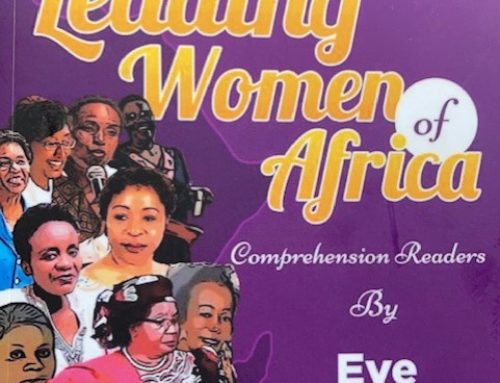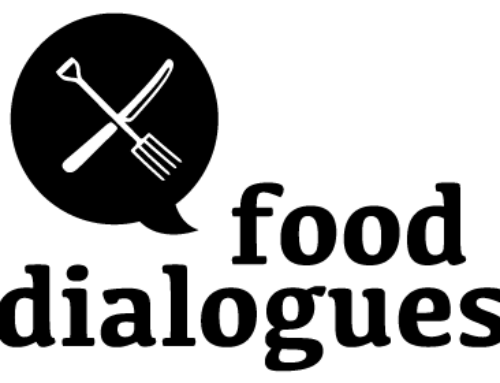It’s not a long book and it is not difficult reading [#LoveLanguage] and i am almost halfway through ‘Between the World and Me’ by Ta-Nehisi Coates, which i already shared one passage from to whet your appetites.
But yoh, this book is so so good. Coates writes with such a rough and organic style that tends to draw you along with its poetic feel and then punch you in the stomach with the reality of the content and spaces he is writing from and about.
The book is a collection of letters to his teenage son, Samori, and in this piece, he is talking to Samori about the boy’s mother:
She had never known her father, which put her in the company of the greater number of everyone I’d known. I felt then that these men – these “fathers” – were the greatest of cowards. But I also felt like the galaxy was playing with loaded dice, which ensured an excess of cowards in our ranks. The girl from Chicago understood this too, and she understood something more – that all are not equally robbed of their bodies, that the bodies of women are set out for pillage in ways I could never ever truly know. And she was the kind of black girl who’d been told as a child that she had better be smart because her looks wouldn’t save her, and then told as a young woman that she is really pretty for a dark-skinned girl. And so there was, all about her a knowledge of cosmic injustices, the same knowledge I’d glimpsed all those years ago watching my father reach for his belt, watching the suburban dispatches in my living room, watching the golden-haired boys with their toy trucks and football cards, and dimly perceiving the great barrier between the world and me.
And in this section, a while later in the book, Ta-Nehisi Coates speaks to slavery and the hope of a better world, with some sobering words:
Never forget that for 250 years black people were born into chains – whole generations followed by more generations who knew nothing but chains.
You must struggle to truly remember this past in all its nuance, error and humanity. You must resist the common urge toward the comforting narrative of divine law, toward fairy tales that imply some irrepressible justice. The enslaved were not bricks in your road, and their lives were not chapters in your redemptive history. They were people turned to fuel for the American machine. Enslavement was not destined to end, and it is wrong to claim our present circumstance – no matter how improved – as the redemption for the lives of people who never asked for the posthumous, untouchable glory of dying for their children. Our triumphs can never compensate for this. Perhaps our triumphs are not even the point. Perhaps struggle is all we have because the god of history is an atheist, and nothing about this world is meant to be. So you must wake up every morning knowing that no promise is unbreakable, least of all the promise of waking up at all. This is not despair. These are the preferences of the universe itself: verbs over nouns, actions over states, struggle over hope.
The birth of a better world is not ultimately up to you, though I know, each day, there are grown men and women who tell you otherwise. The world needs saving precisely because of the actions of these same men and women. I am not a cynic. I love you, and I love the world, and I love it more with every new inch I discover. But you are a black boy, and you must be responsible for your body in a way that other boys cannot know. Indeed, you must be responsible for the worst actions of other black bodies, which, somehow, will always be assigned to you. And you must be responsible for the bodies of the powerful – the policeman who cracks you with a nightstick will quickly find his excuse in your furtive movements. And this is not reducible to just you – the women around you must be responsible for their bodies in a way that you will never know. You have to make peace with the chaos, but you cannot lie. You cannot forget how much they took from us and how they transfigured our very bodies into sugar, tobacco, cotton, and gold.’
Those two passages should be enough to tell you to get hold of this book. There is just so much in there and so much of it is so painful to read, but it is a detached pain because of the knowledge that those things are unlikely to be true of me because of the privileged body i find myself in, and at the very best i can hope to find some level of empathy, to try and imagine and understand what is going on in the lives of those who do not look like me:
# The girl from Chicago understood this too, and she understood something more – that all are not equally robbed of their bodies, that the bodies of women are set out for pillage in ways I could never ever truly know.
# The enslaved were not bricks in your road, and their lives were not chapters in your redemptive history. They were people turned to fuel for the American machine.
# So you must wake up every morning knowing that no promise is unbreakable, least of all the promise of waking up at all.
# But you are a black boy, and you must be responsible for your body in a way that other boys cannot know. Indeed, you must be responsible for the worst actions of other black bodies, which, somehow, will always be assigned to you.
# And this is not reducible to just you – the women around you must be responsible for their bodies in a way that you will never know.
# You have to make peace with the chaos, but you cannot lie. You cannot forget how much they took from us and how they transfigured our very bodies into sugar, tobacco, cotton, and gold.’
[For another passage from ‘Between the World and Me’ by Ta-Nehisi Coates, click here]






Leave a Reply